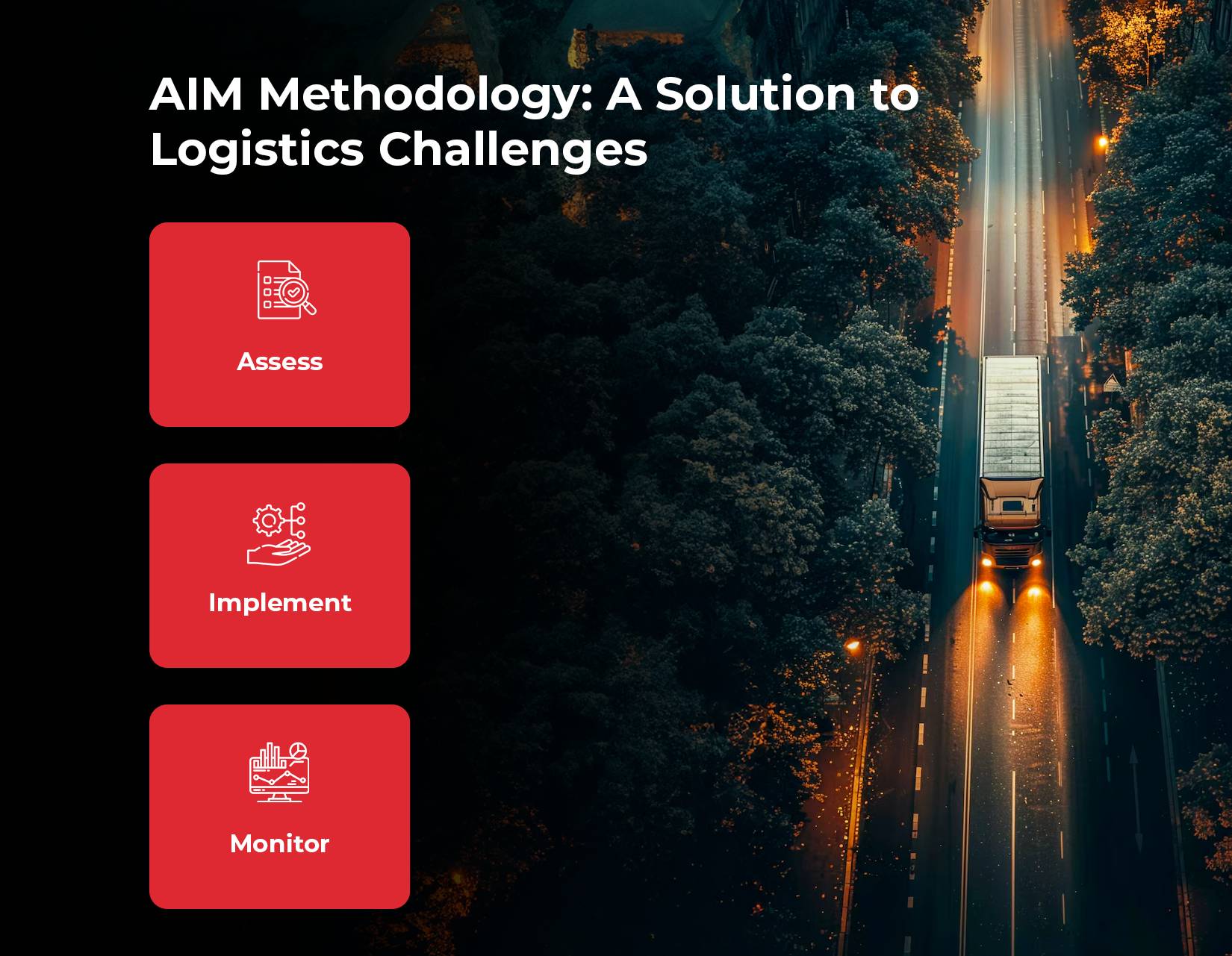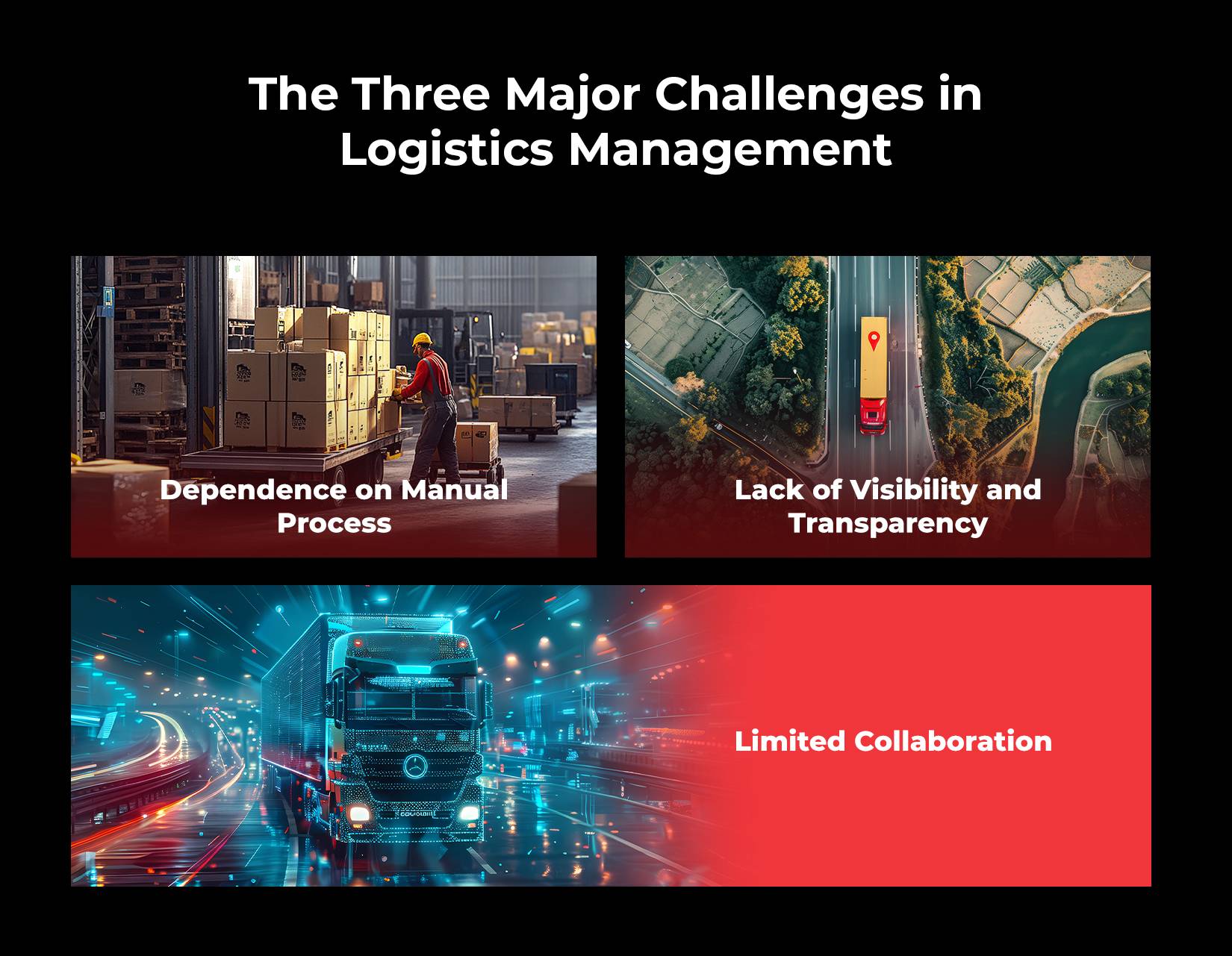
The Need for Change in Logistics Management
Despite the surge of technological advancements across the logistics sector, many companies still grapple with ongoing inefficiencies and challenges of logistics management. These are not just minor issues; they act as significant barriers that can negatively impact a company’s profitability and market competitiveness. The cost of inefficiencies stretches far beyond operational slowdowns. They often result in lost business opportunities, harm to brand reputation, and hindered growth, especially in a highly competitive global environment. As the logistics industry rapidly evolves, companies that fail to address these inefficiencies risk falling behind more agile, tech-savvy competitors.
The Cost of Inefficiency in Logistics Management
In 2023, inefficiencies cost logistics companies millions in lost revenue. A study by the World Bank reported that logistics inefficiencies in developing countries lead to a 15% to 20% increase in the cost of goods. Furthermore, Deloitte’s Global Supply Chain survey found that 79% of companies with poor logistics management saw delays and disruptions that cost them customers. In such a competitive market, these inefficiencies are no longer just operational annoyances they are critical challenges.
AIM Methodology: A Solution to Logistics Challenges

To overcome these challenges, logistics experts have developed a streamlined, three-step process known as the AIM methodology:
Assess:
Conduct a comprehensive review of current processes, identify inefficiencies, and pinpoint specific pain points.
Implement:
Apply targeted solutions to address these inefficiencies. This could involve adopting new logistics management software, redesigning workflows, or instituting training programs.
Monitor:
Continuously track the effectiveness of the implemented solutions and refine them to ensure sustained improvements.
This method allows businesses to systematically tackle inefficiencies, improving overall logistics management and operational flow.
The Three Major Challenges in Logistics Management

The AIM methodology focuses on resolving three primary issues that affect logistics operations across industries:
1. Dependence on Manual Processes:
Many companies still rely on outdated, paper-based systems, which slow down operations and increase the likelihood of human errors. A report from PwC revealed that companies that digitized their logistics management reduced processing times by 45%, significantly boosting productivity.
2. Lack of Visibility and Transparency:
When information is stored in manual systems or isolated departments, it creates gaps in the supply chain, limiting a company’s ability to make informed decisions. Research by GEODIS shows that only 6% of businesses have complete visibility into their supply chain. This lack of transparency can lead to missed opportunities and elevated risks.
3. Limited Collaboration:
Effective logistics management requires seamless communication between all stakeholders. However, many organizations operate in silos, leading to miscommunication and inefficiency. A McKinsey study found that businesses that improved collaboration across the supply chain reduced operating costs by 30%.
These challenges are often interconnected, creating a cycle of inefficiency that disrupts the overall supply chain. The AIM methodology directly addresses these issues, breaking the cycle and driving improvements.
AI and Human Expertise: A Powerful Combination in Logistics
Managing vast amounts of data is essential for effective logistics management, and human effort alone isn’t sufficient. According to Ramnath, “Data itself is not king; the true value lies in how you leverage that data.”
By combining artificial intelligence (AI) with human expertise, companies can unlock new efficiencies:
–AI can process large datasets, uncover patterns, predict trends, and enhance areas like route planning and inventory management.
–Human Intelligence adds context, provides strategic insight, and enables creative problem-solving.
A study by Accenture found that AI-driven logistics management systems can improve operational efficiency by 30% and reduce costs by 15%. Together, AI and human insight provide the optimal mix of automation and strategic oversight to enhance performance.
Conclusion
In an era of fast-paced technological change, businesses must address inefficiencies within their logistics management. The AIM methodology offers a clear path for improvement, while the combination of AI and human expertise provides the tools to enhance operations. By tackling inefficiencies head-on, companies can stay competitive and agile in the evolving global logistics market. To tackle the challenges of logistics management with a logistics management software and implement the AIM methodology, click on the red button below and book a demo with LogiNext Mile.
71







@LogiNext